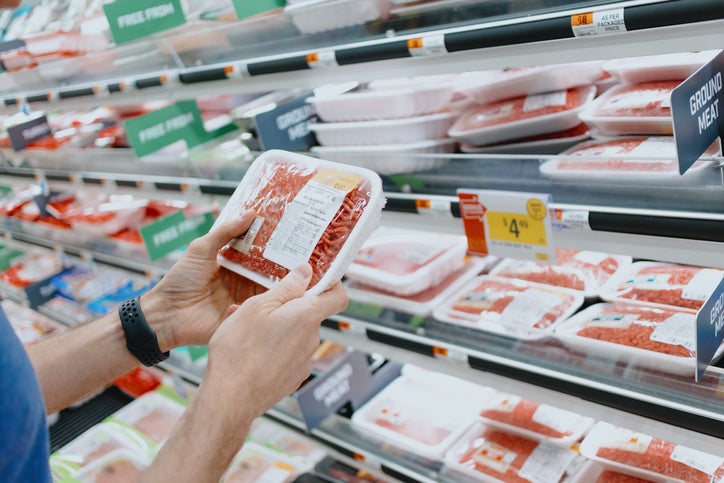
A Canadian study has reported that toxic chemicals migrate from packaging materials such as price tags and labels, after examining an assortment of packaged fresh food.
In 2010, the Canadian Government banned Bisphenol A (BPA), which is commonly found in plastics, the lining of food cans, water bottles and paper receipts. However, this has led to BPA’s replacement with Bisphenol S (BPS), a hormone-disrupting chemical.
McGill University Food Science and Agricultural Chemistry associate professor Stéphane Bayen explains: “BPA is a chemical that can interfere with hormones in the human body and cause adverse health outcomes. These include cancers, diabetes, and damage to fertility and the development of infants. Now, there is growing evidence that BPS may have similar health effects.”
Bayen adds: “Considering the number of packaged food items sold with thermal labels, the actual dietary intake of BPS and other chemicals is likely to be high.”
While Canada does not currently regulate BPS, the research shows that the amount of BPS found in the foods studied significantly exceeded the European Union limit, which regulates the permitted amount of substances released from packaging materials in contact with food.
The study concludes that a more thorough risk assessment of BPS and its ability to migrate into food packaging is needed to develop regulatory guidelines in the food sector.
Another key chemical that has been regulated in food packaging is polyfluoroalkyl (PFAS), which was banned in New York earlier this year.



